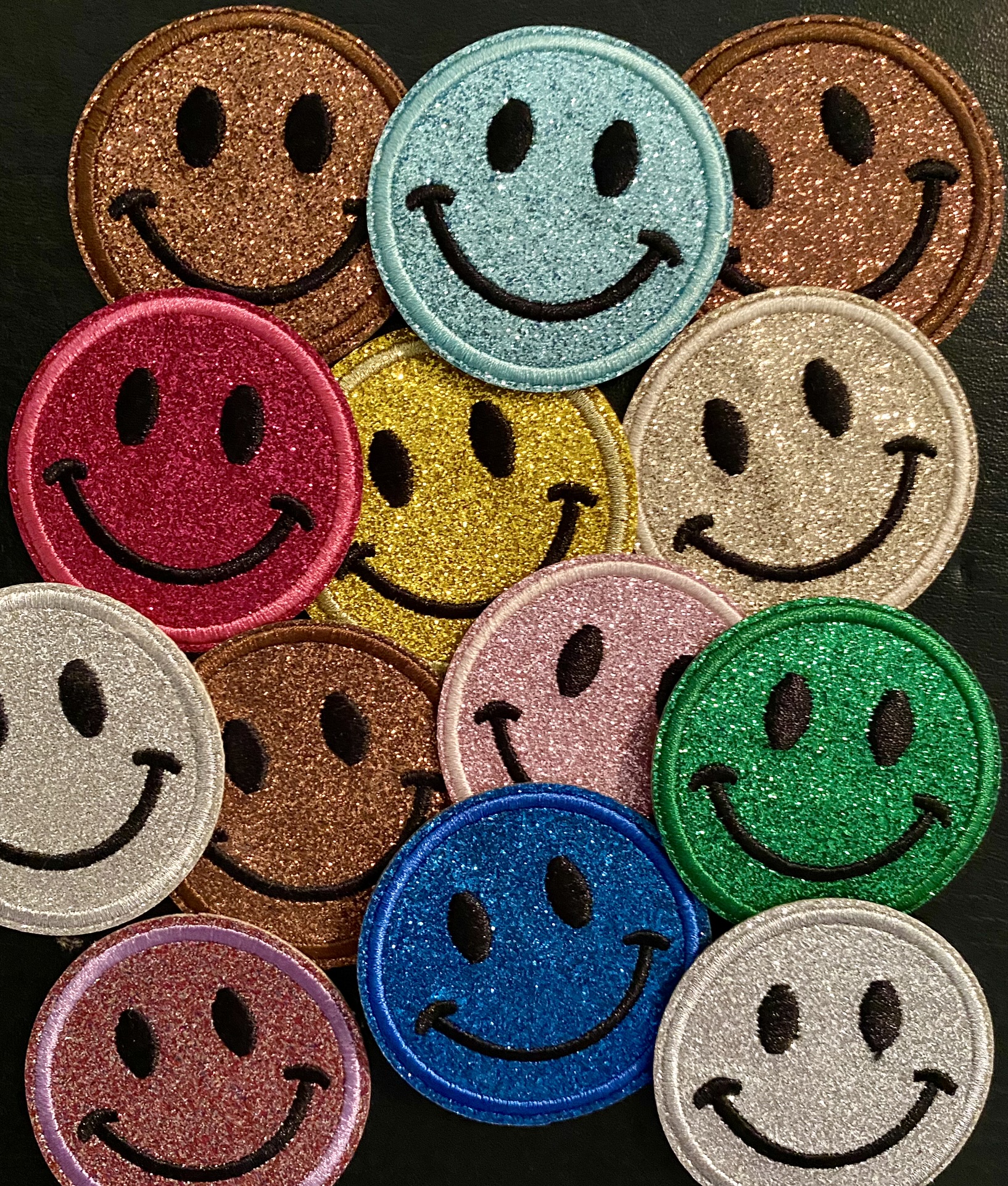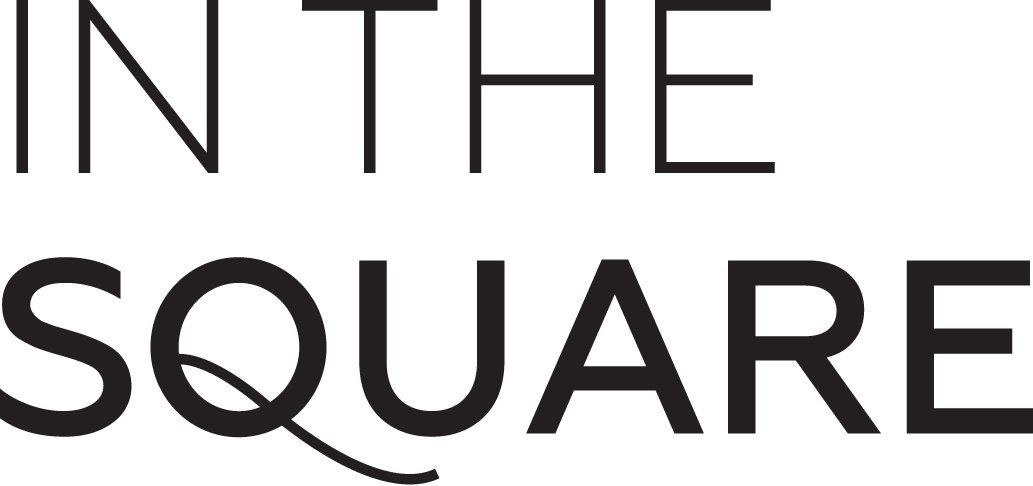Treat others as you would want to be treated yourself – is a saying I’ve always kept in mind. Recently I was listening to a radio item when I learnt that variations of this wise motto have Olympic status. There’s the Silver Rule which attributes Chinese philosopher Confucius with having said, “What you do not want others to do to you, do not do unto others.” And then the Golden Rule is a more active version of this idea – “Do unto others as you would have them do unto you.” Searching online, I can’t find a definitive answer as to who first spoke the Golden Rule (there’s no discrepancy that Confucius uttered the Silver Rule) and the most popular suggestions include a very ancient Egyptian, Greek rhetorician Isocrates and Jesus. Famously Hillel the Jewish Elder who lived in the time of Roman Emperor Augustus announced, “That which is hateful unto you, do not do to your neighbour. This is the whole of the Torah; the rest is commentary.”
Sometimes I come across a social media post which inspires me to keep it on my camera roll. After hearing about the Rules on the radio I remembered a post I’d kept – one which shows what thirteen religions and major faiths have in common. It said they all confer with the Christian belief as written in the Book of Matthew, “In everything, do to others as you would have them do to you; for this is the law and the prophets.” In Islam, the prophet Mohammad says, “Not one of you truly believes until you wish for others what you wish for yourself.” I read that Hindus believe, “do not do to others what would cause pain if done to you” and this idea is also found in Jainism, Zoroastrianism and Rastafarianism. Taoists regard their neighbour’s gains and losses as their own and Buddhism teaches about treating others in ways that you would not find hurtful yourself. The Bahai Faith asks, “Lay not on any soul a load that you would not wish to be laid upon you…”
The way that I’ve personally applied this idea of matching my actions as to how I would like others to act towards me, is by first understanding what I truly value. As I want to be trusted and live in a world where I can trust others, I endeavour to be honest. My privacy is important so if I find myself at someone’s house and they’ve momentarily left me alone in their lounge, I won’t look at their belongings beyond what’s on display. ‘Sorry’ may be one of the hardest words to say, but as I need an apology when I’ve been wronged, I apologise for my mistakes as I realise them.
Knowing the pain that comes with being misunderstood, I try not to judge others or make unfounded assumptions and when I do, I might ease up on my judgements by remembering that everyone is fighting a battle we may never know about. Even those who speak of having a blessed life, who see their cup as forever overflowing with the good stuff, are not immune from struggle or adversity. And what a sad world it would be if we didn’t have successful people showing us how to win at the game of life. Perhaps the best way to avoid judgements which might lead to jealousy or envy is to stop comparing with others. You may not have the fancy car that your neighbour has, but somebody somewhere can’t afford a bicycle (or it just got stolen.)
Thousands of years after his death Confucius is still a top ten giver of memorable quotes online and I’ve learnt how he believed that before you can love anyone else (and therefore treat your neighbour as you would like to be treated,) you must first love yourself. I think about how difficult it must be to love yourself when in despair or with low self-esteem or ashamed. How can you practise self-love when you believe you are undeserving and that if you practise it then you’re guilty of doing something that feels not rightfully yours to do?
I think the stoic Confucius would stroke his long white beard and tell me that, even if we just do it for every hostage and every being who finds themselves caught in a war, even if we need to accept helpful intervention, we must fight with all our might to be in peace with ourselves. And not just because you’re breathing, you’re alive, seize the day! but because life begins with hope.
Nowadays some sage individuals are talking and writing about the Platinum Rule – “Treat people the way that they want to be treated.” It makes sense to me because more people are finding that success lies in embracing their uniqueness. Also in our diverse communities, it’s a challenge to simultaneously adapt to where you are living and preserve your heritage. Naturally, this rule requires empathy and sympathy and maybe facing the fears that manifest when we find ourselves confronted by people who feel like strangers or strangers who are not like the people we know. But I reckon the secret to getting a platinum medal is not so secret. The action needed is in the name we collectively call human beings – humankind. In Sikhism, also mentioned on that post, the importance of kindness is summed up so – “I am a stranger to no one; and no one is a stranger to me. Indeed, I am a friend to all.”





